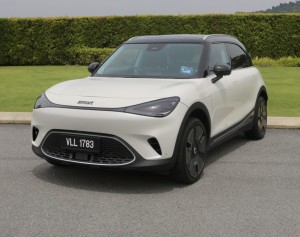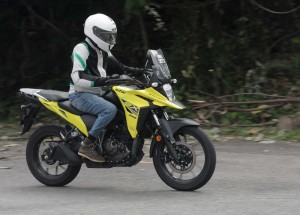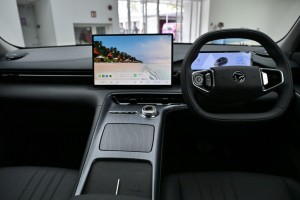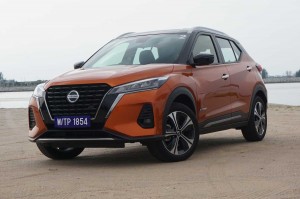Nio achieved production of 500,000 vehicles at its second plant in Hefei, Anhui, on May 9. The 500,000th vehicle was the ES8.
SHANGHAI: Electric vehicle maker Nio has won approval to build a third factory in China that would boost its total approved production capacity to 1 million cars, almost at par with Tesla's massive Shanghai plant, three people with knowledge of the matter said.Tesla can push out 1.1 million vehicles per year from its Shanghai plant, its biggest manufacturing hub globally.
The latest approval for a plant with a 600,000 unit annual capacity is a major win for Nio, given China's state planner has been cautious about waving through new EV production plans since 2022 amid overcapacity worries and slowing demand. Nio received an auto manufacturing licence late last year.
Nio, the eighth biggest EV maker in China by sales, has started construction of the third plant - known as F3 - but it is not immediately clear when mass production from the site would begin, the sources said on condition of anonymity as the matter is not yet public.
The F3 plant is located in Huainan city in eastern province Anhui and will primarily produce vehicles for Nio's newly launched affordable car brand, Onvo, the people added.
Nio told Reuters that construction of the third plant had started and that it would have a capacity of 100,000 units on a one-shift basis.
The expansion plan is aimed at meeting growing demand for Nio- and Onvo-branded cars and to produce newly launched vehicles, the EV maker said in a statement.
"The capacity of our existing plants won't be enough to meet market demand. There is no overcapacity with Nio," it added.
Nio did not respond when asked whether the capacity of the F3 plant would be later expanded to 600,000 units.
China's Ministry of Industry and Information Technology, and the National Development and Reform Commission did not respond to requests for comments.
Nio launched the Onvo brand in May, when it also unveiled the Onvo L60 SUV with a sticker price starting at 219,900 yuan (RM143,000), while Tesla's Model Y starts at 249,900 yuan (RM163,000) in China.
Nio, like many of its peers, is looking to broaden its customer base and boost sales with cheaper models amid a bruising price competition in China that has forced it to trim workforce and defer long-term projects that would not contribute to financial performance within three years.
What overcapacity?
The move by regulators to approve new EV capacity comes amid global concerns about overcapacity in China's EV industry, which critics says stems from state-led subsidies.
Chinese officials too have in the past issued overcapacity warnings, but in April this year Beijing said that assertions of excess capacity were groundless and that China's EV production system was simply more competitive.
Nio's founder and CEO, William Li, has also defended the EV industry, arguing the overcapacity issue is with foreign brands that have seen their market share drop to 40% from 60% in China over the past few years largely due to their uncompetitive products and services.
"Attacks on China's industry with overcapacity is out of politics. Let's do the maths!" Li told reporters in May, adding that foreign brands would have more than 5 million units of idled annual capacity in China due to their market share loss.
Factory utilisation rates of major Chinese firms producing plug-in hybrids and pure EVs ranged from 33% to 111% in 2023 based on a double-shift schedule, with BYD running at 95% and Li Auto at 106% by adding additional shifts, according to data from China Merchants Bank International.
Nio logged the lowest rate of 33%, the data showed.












